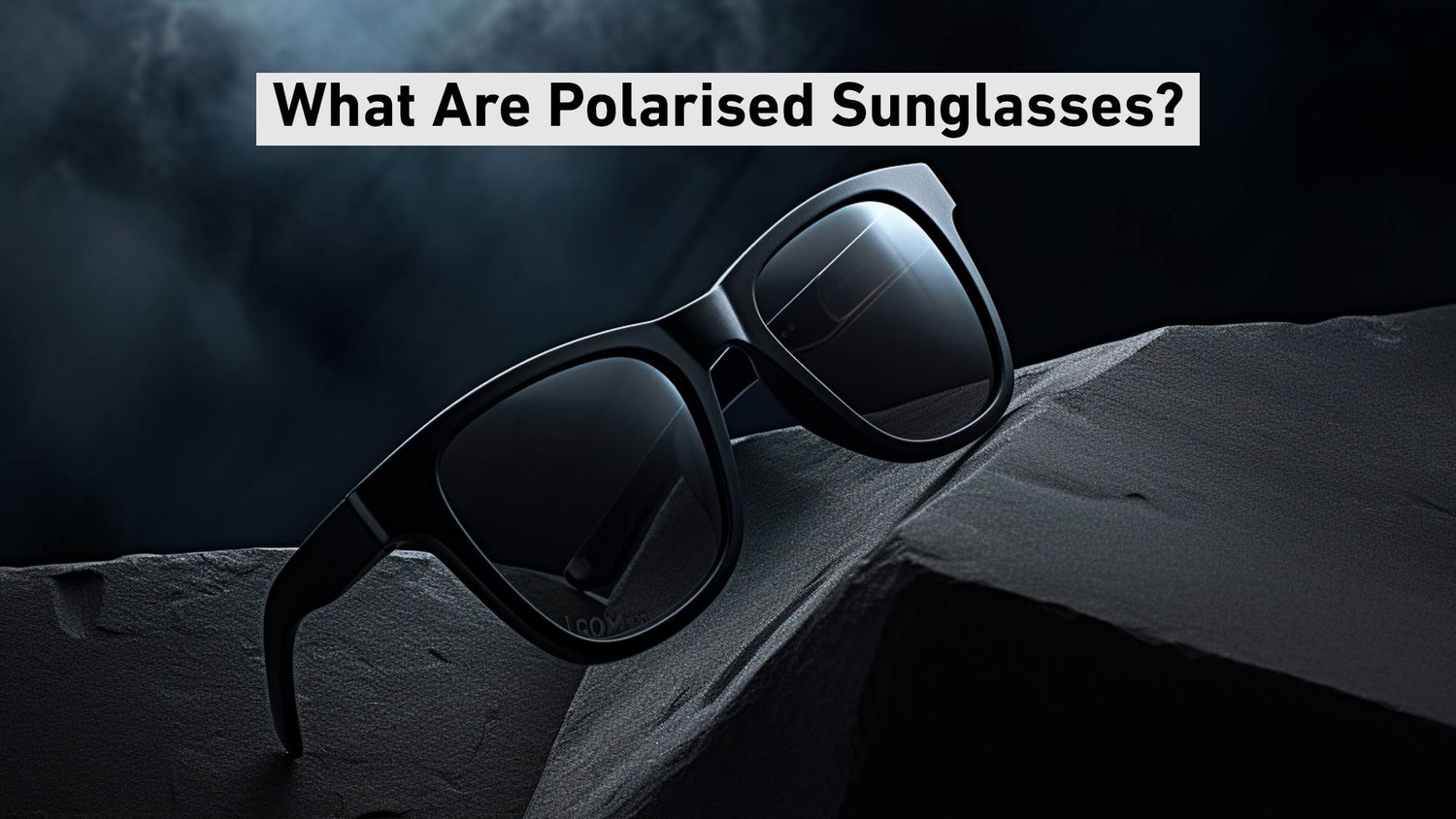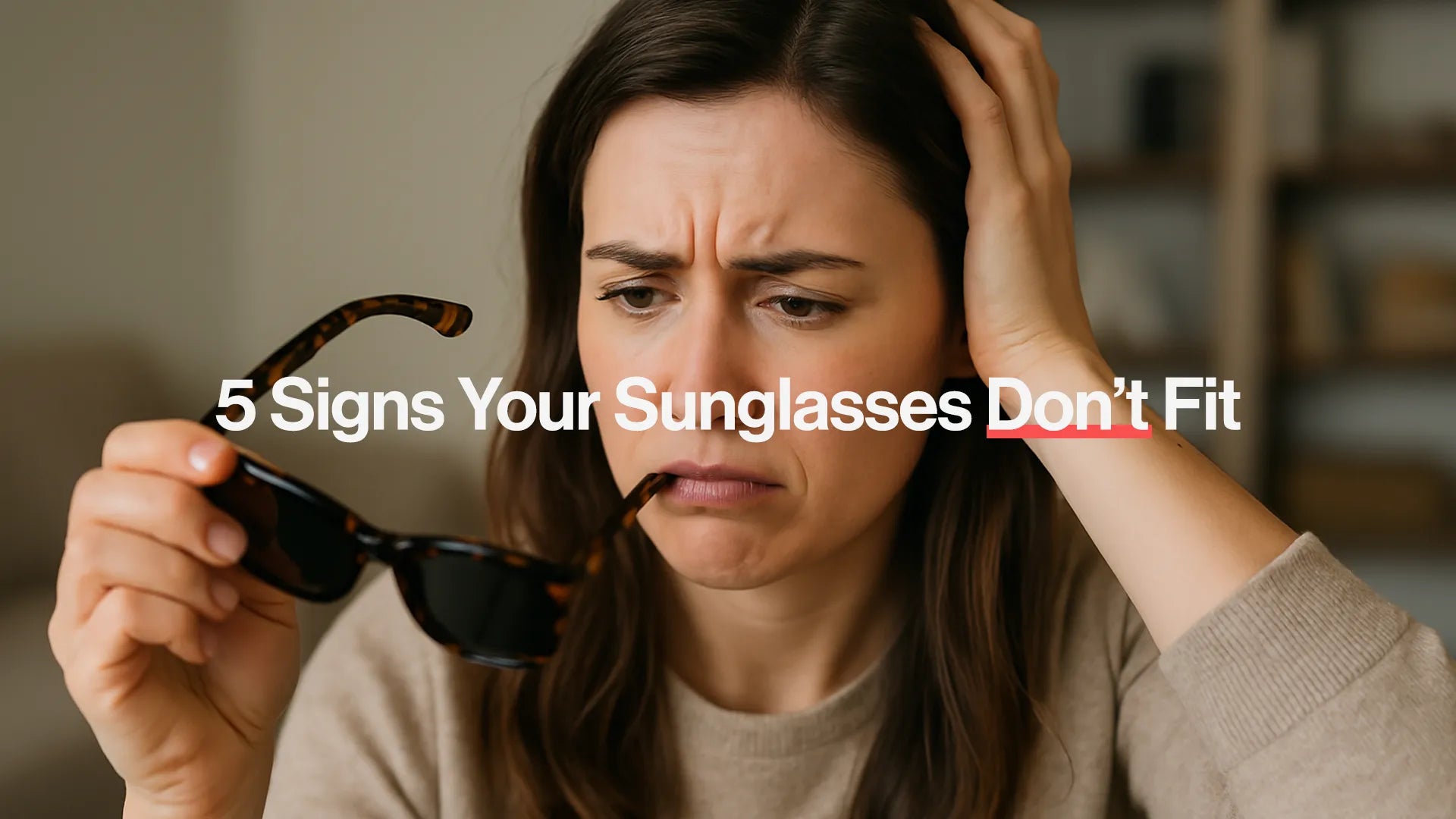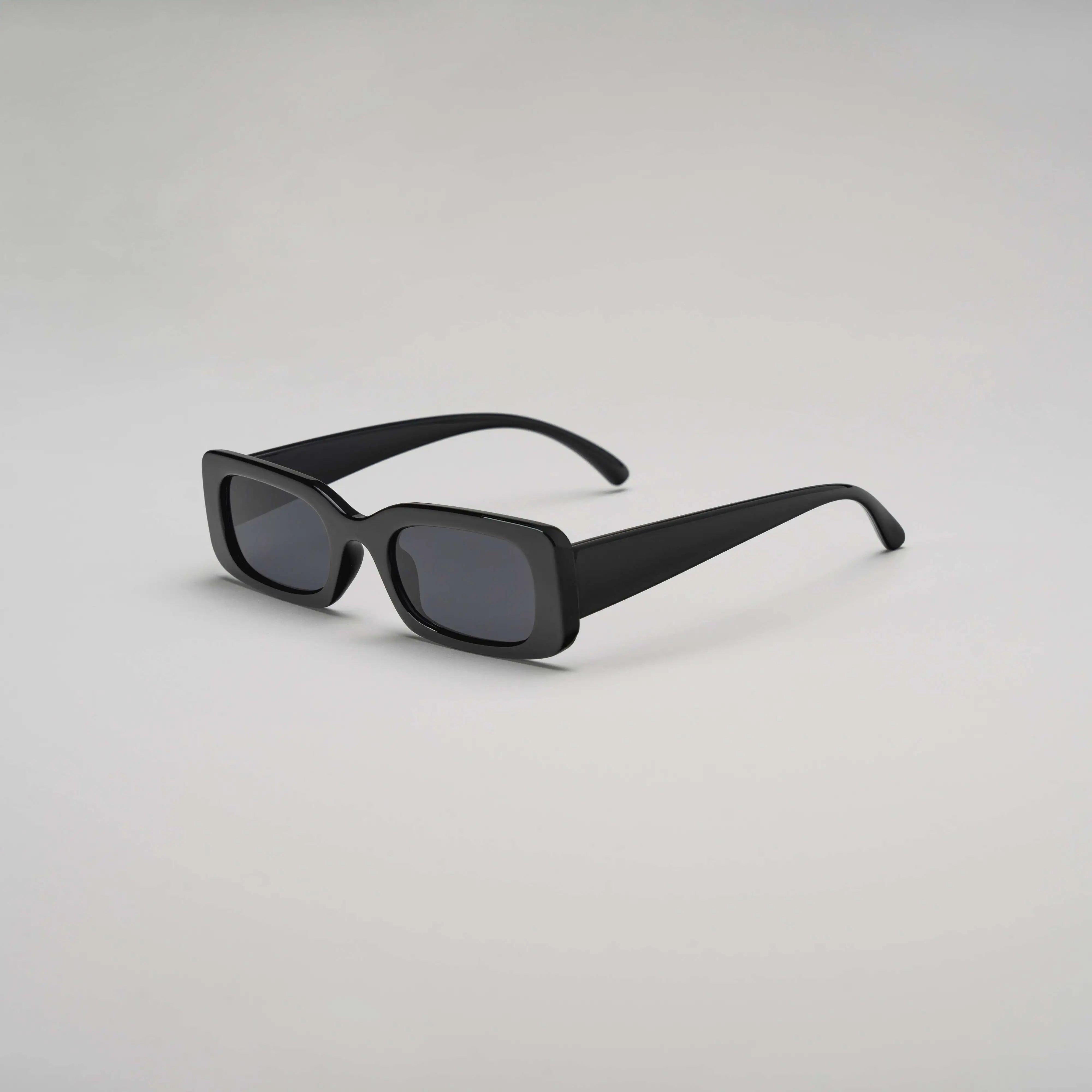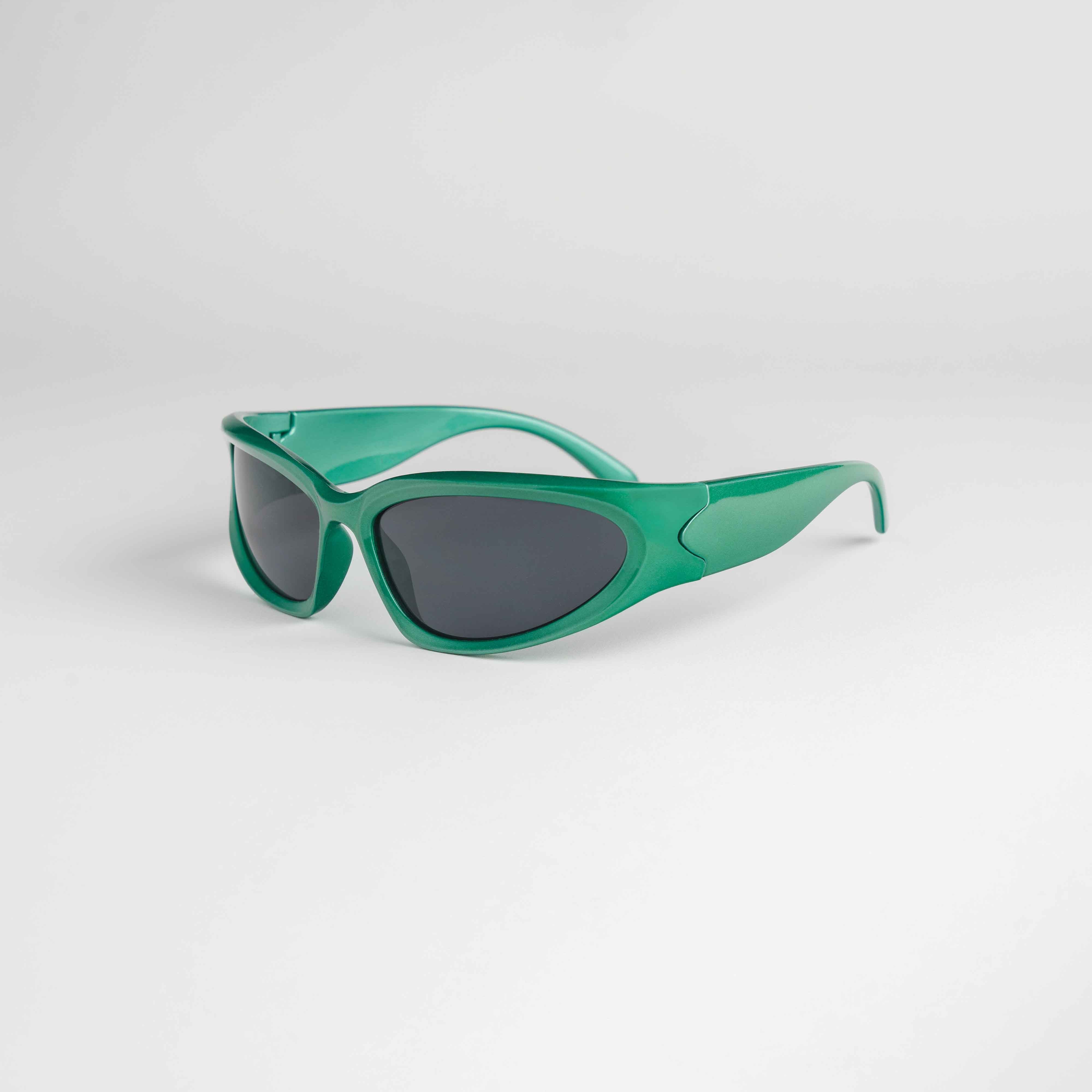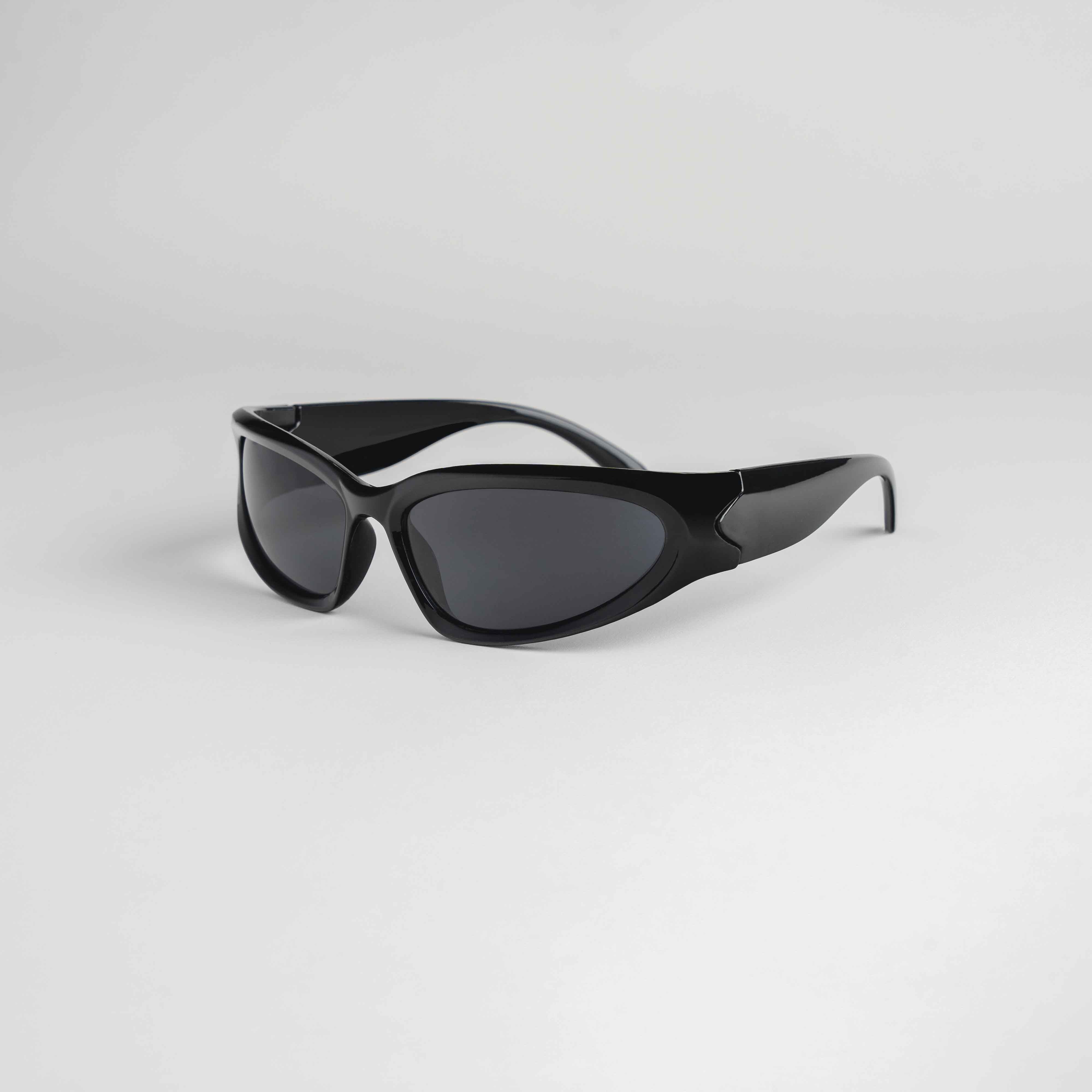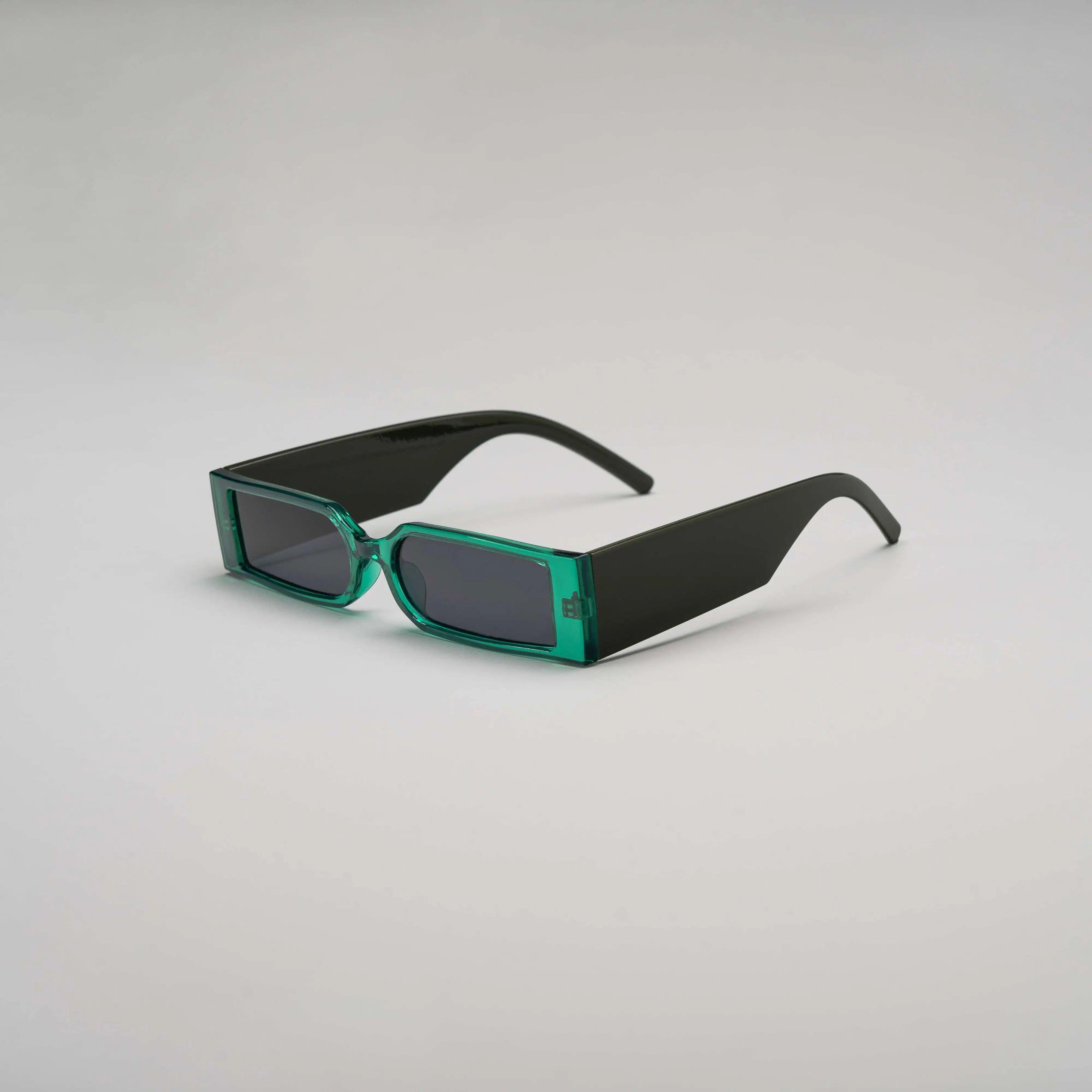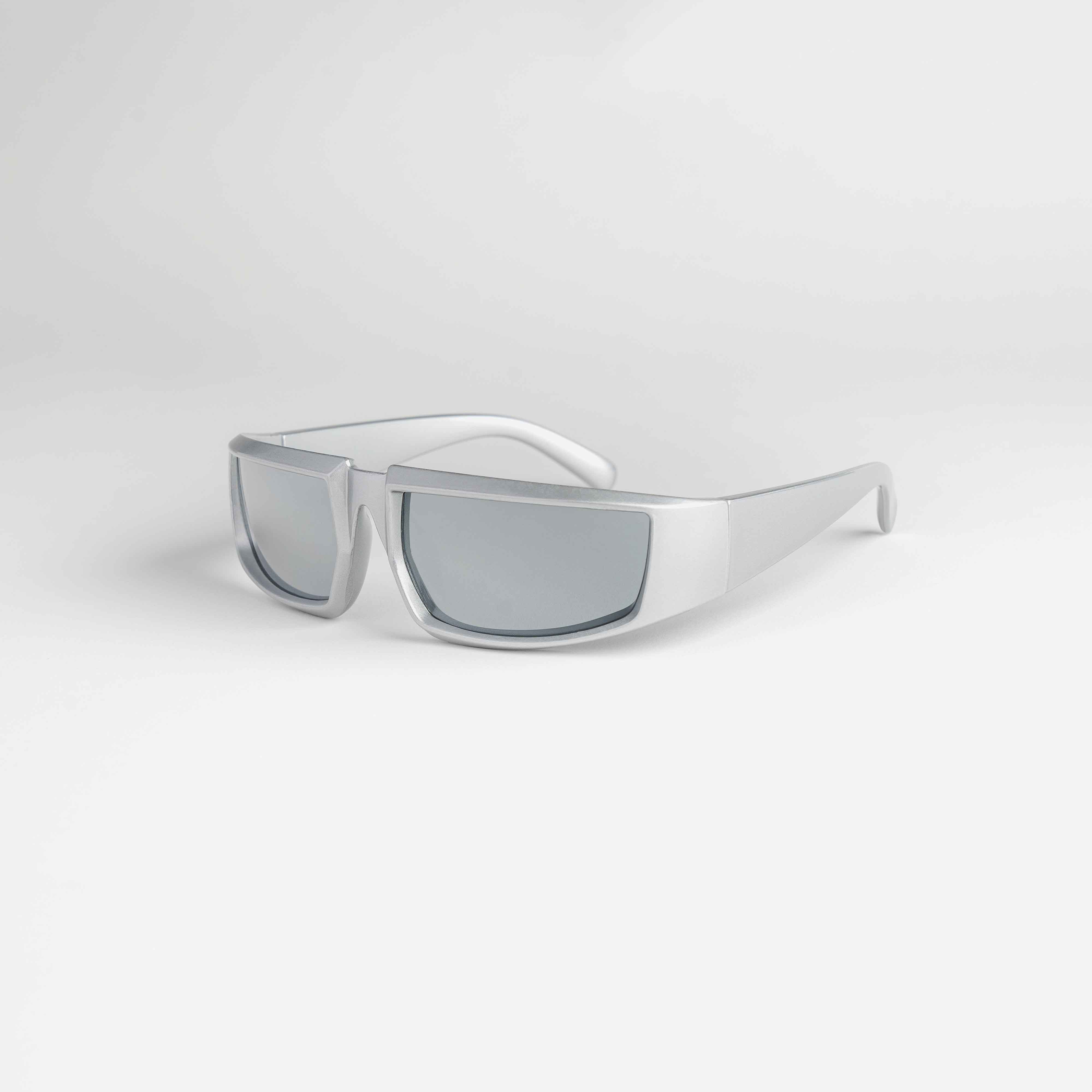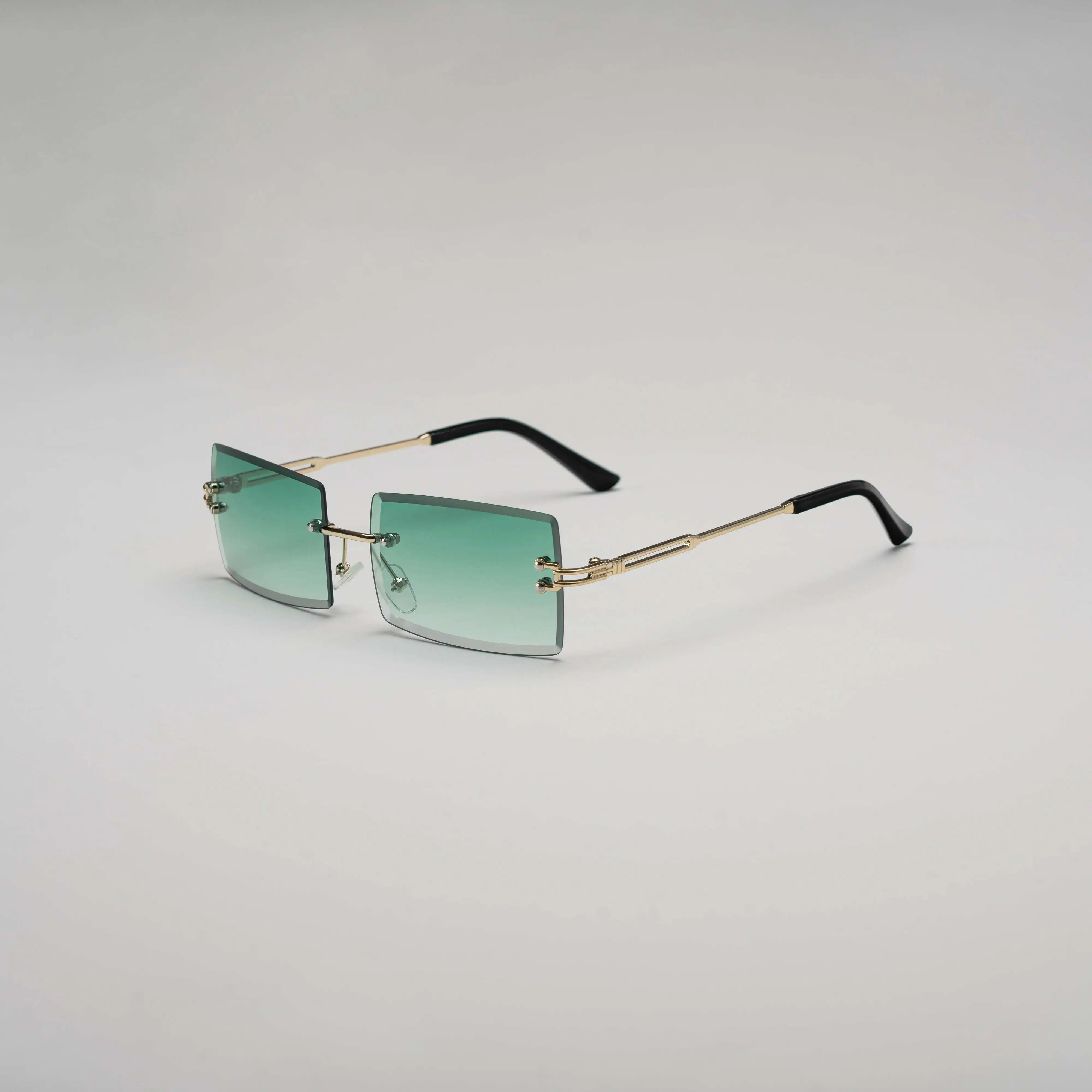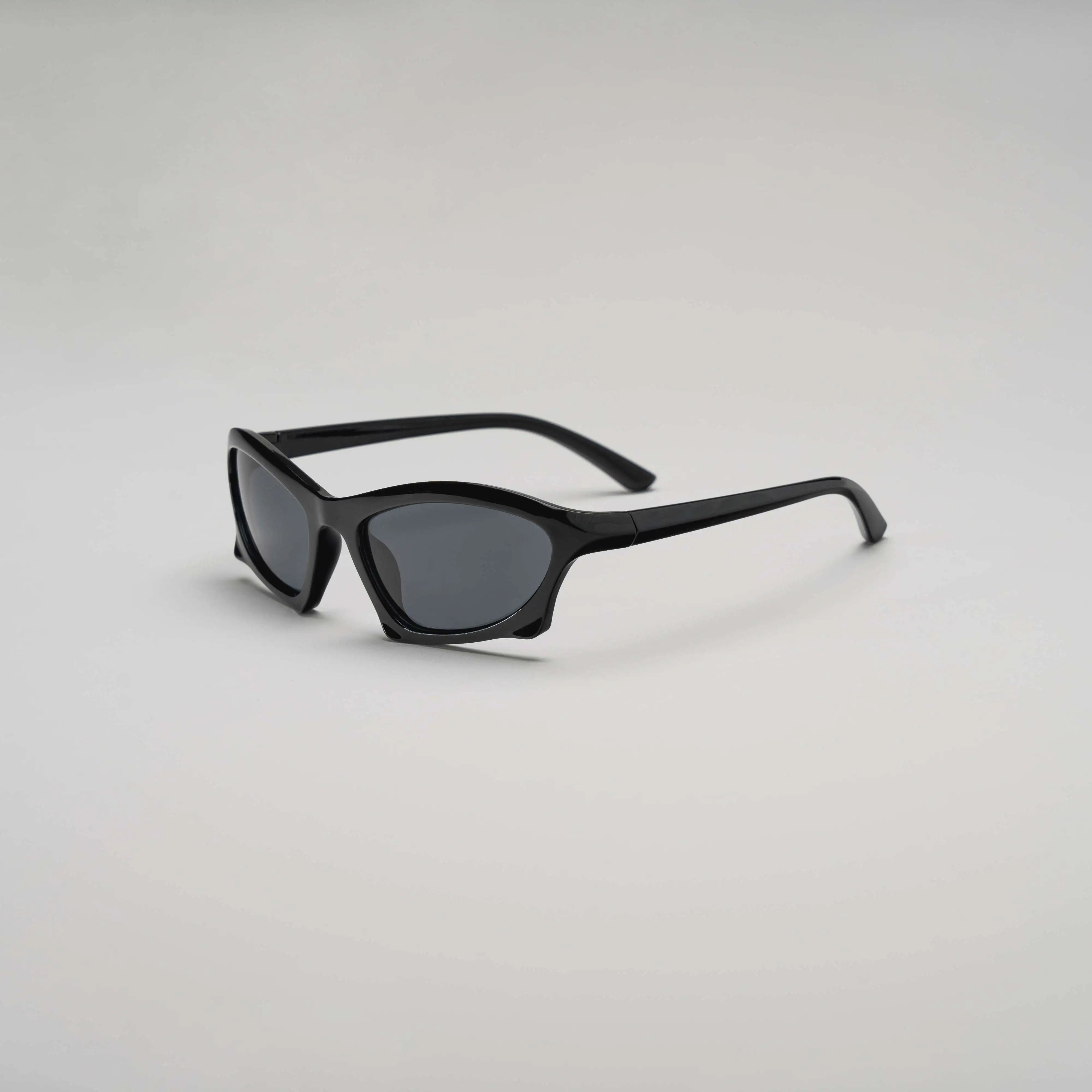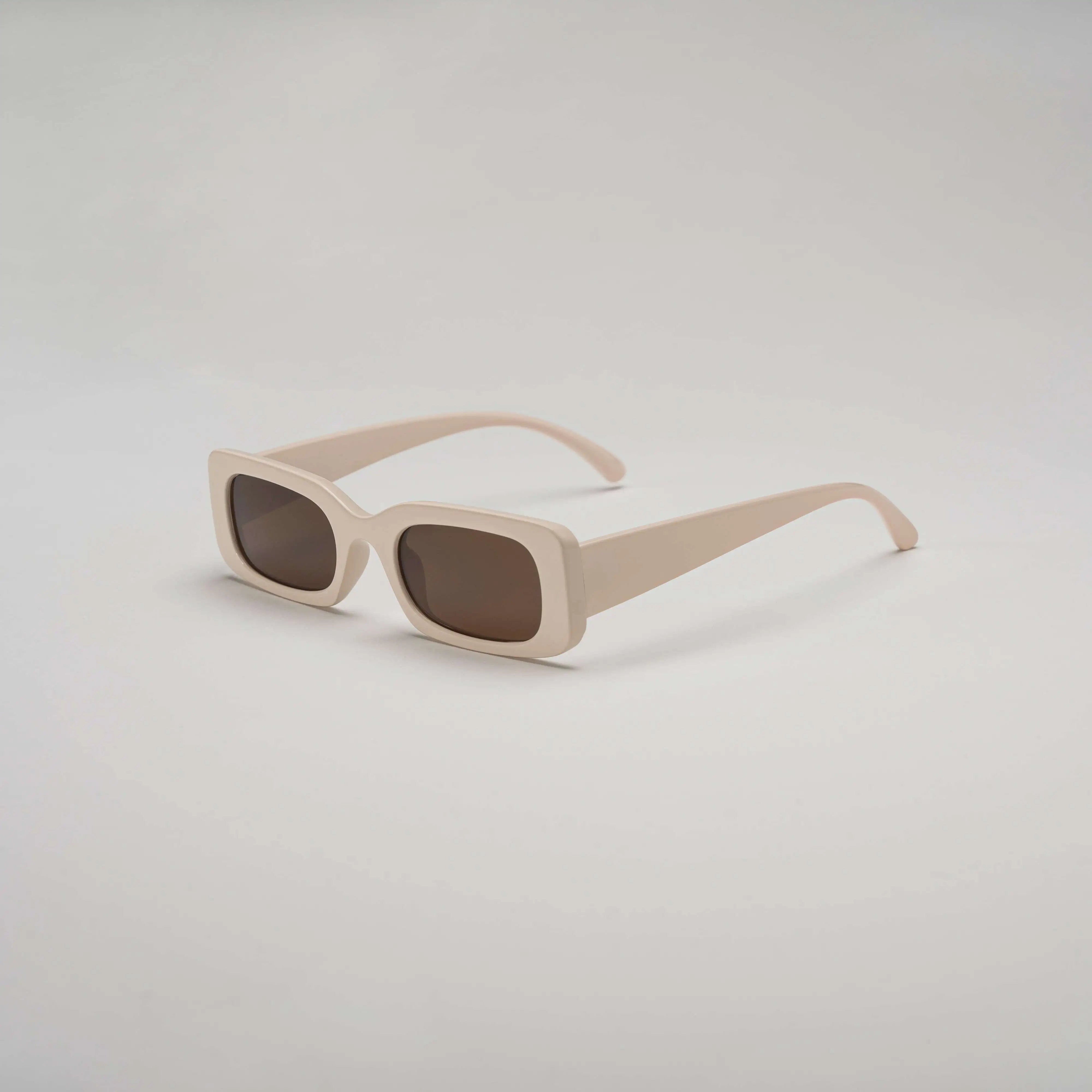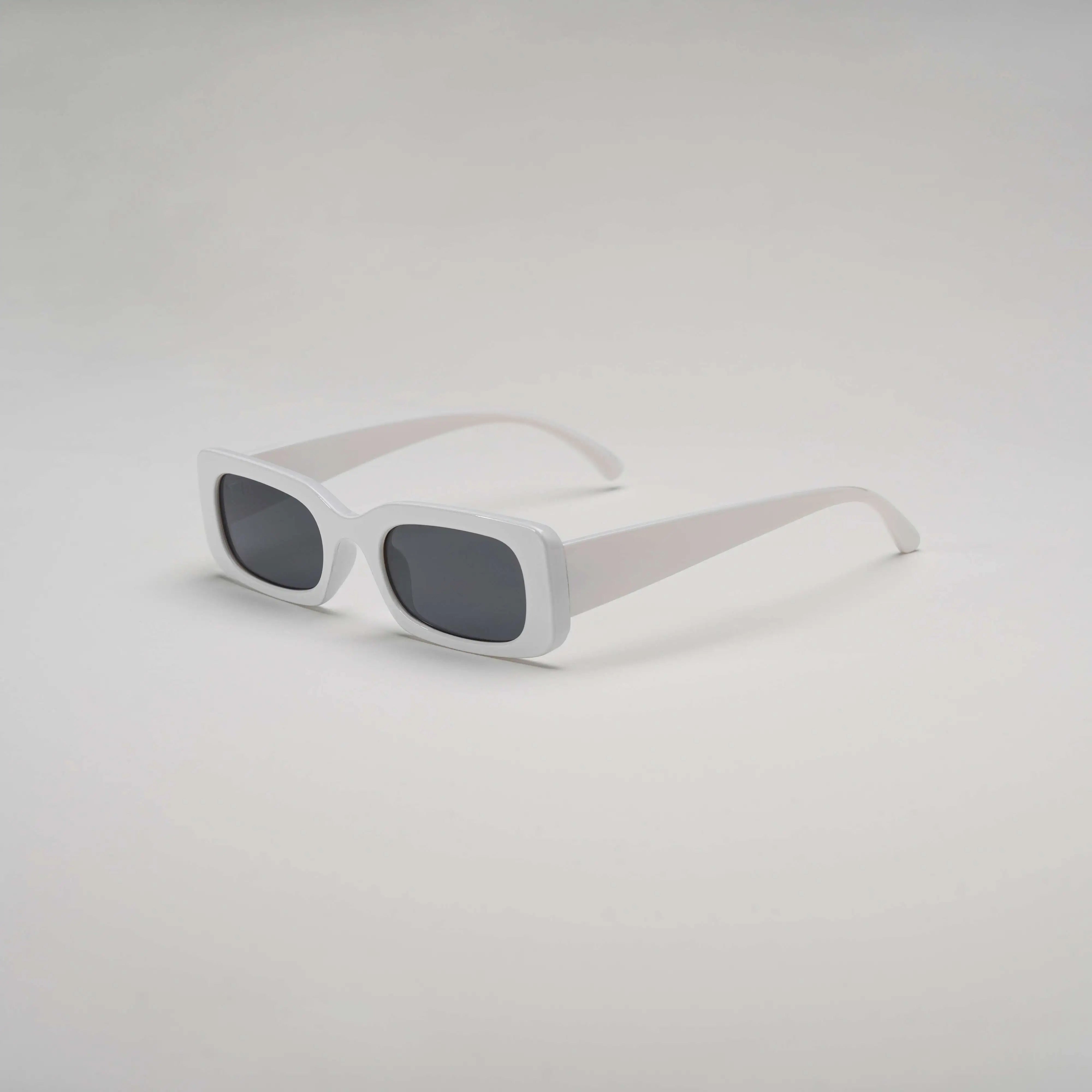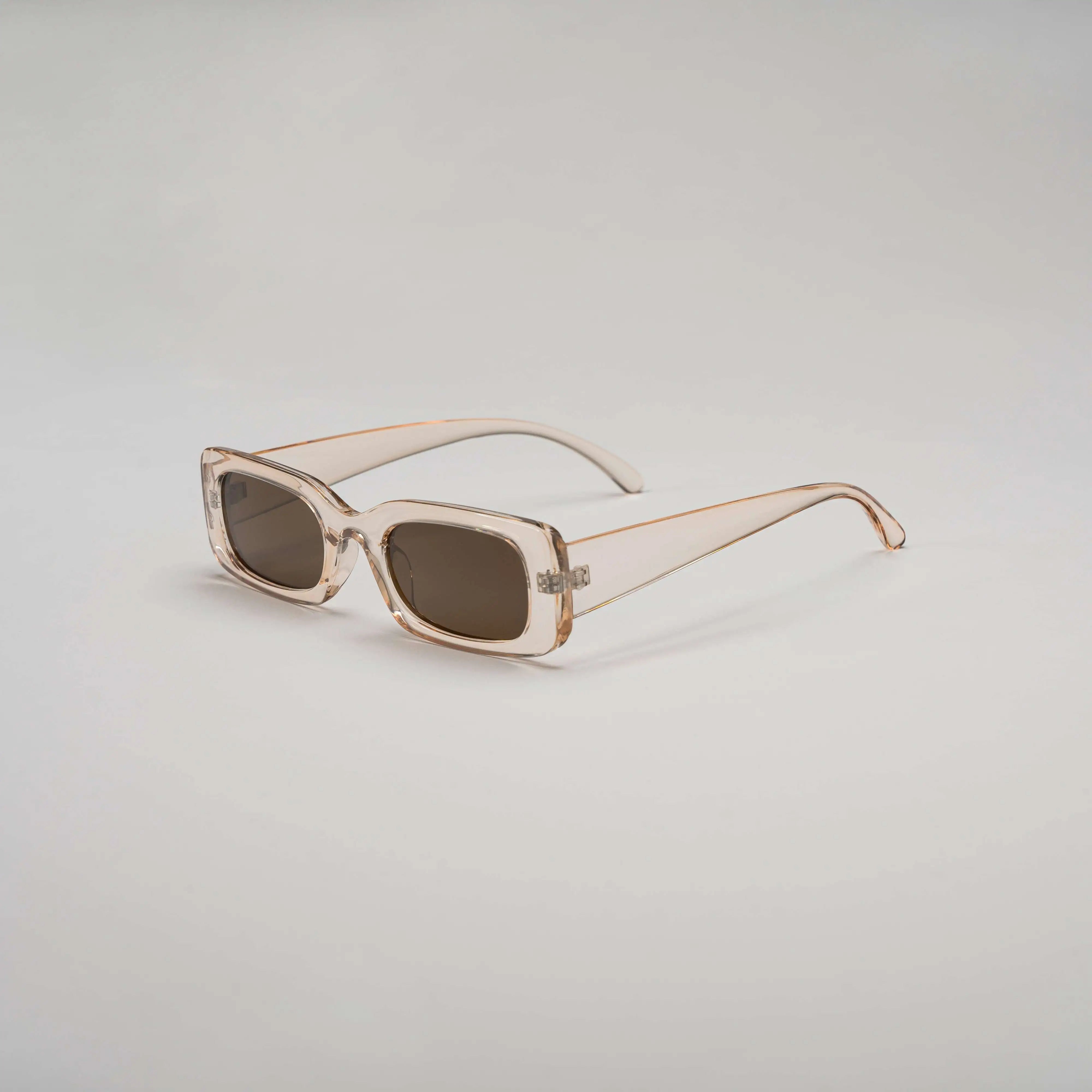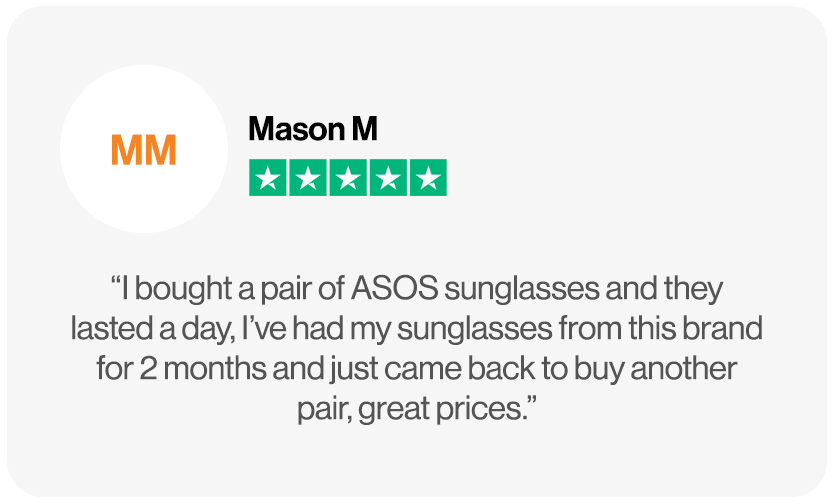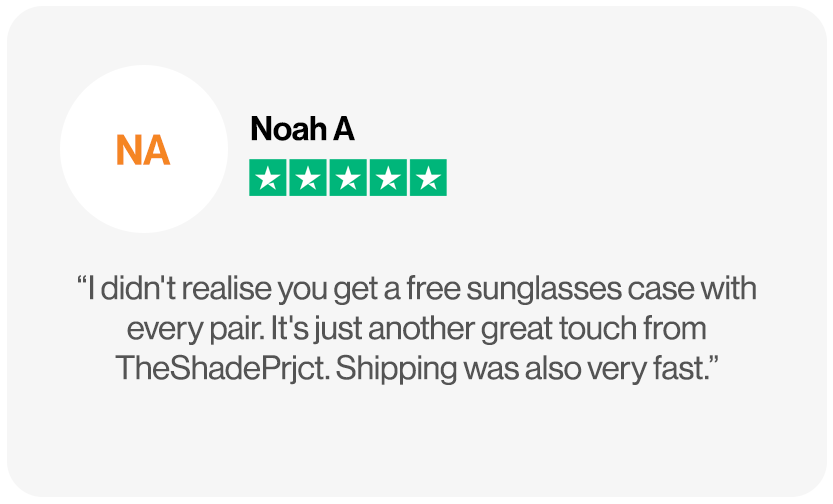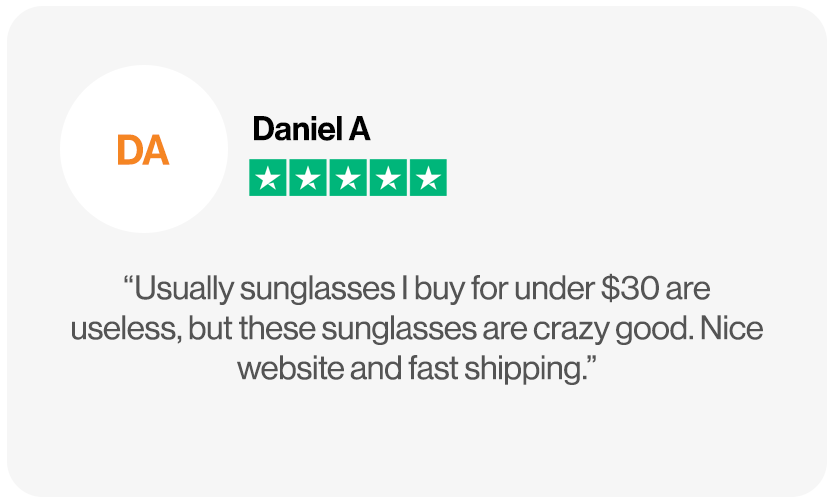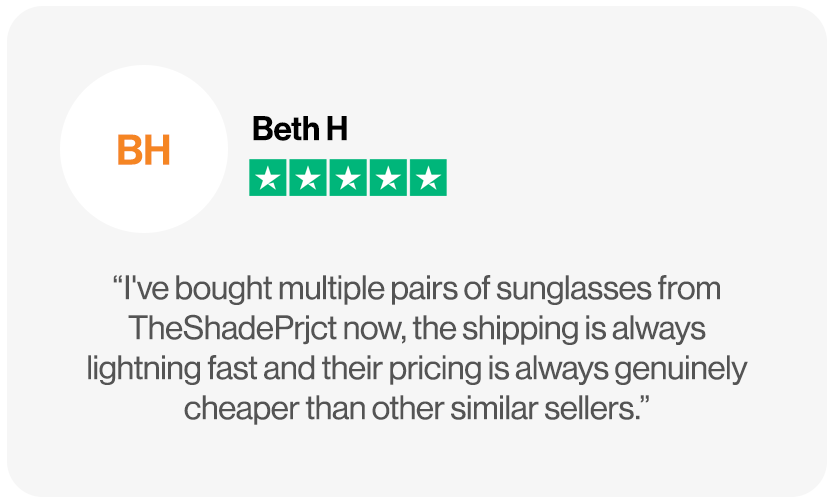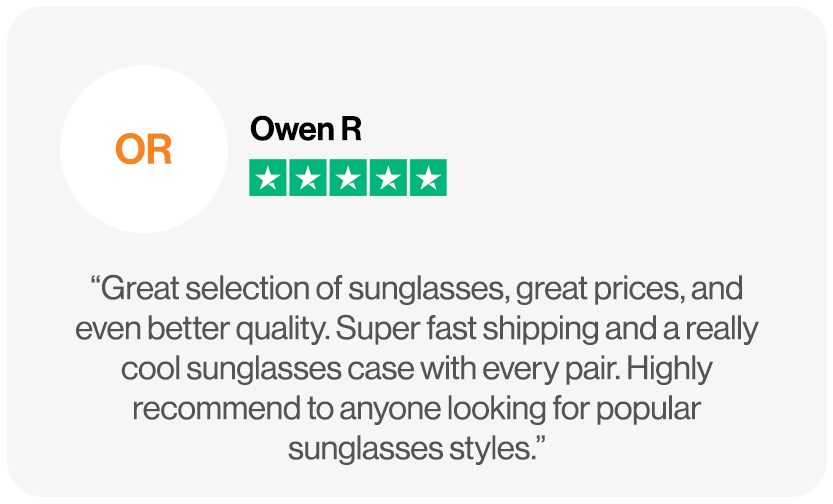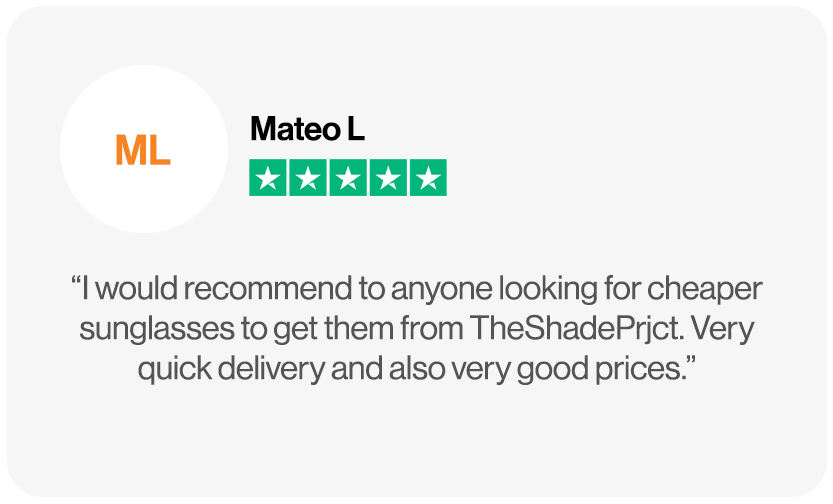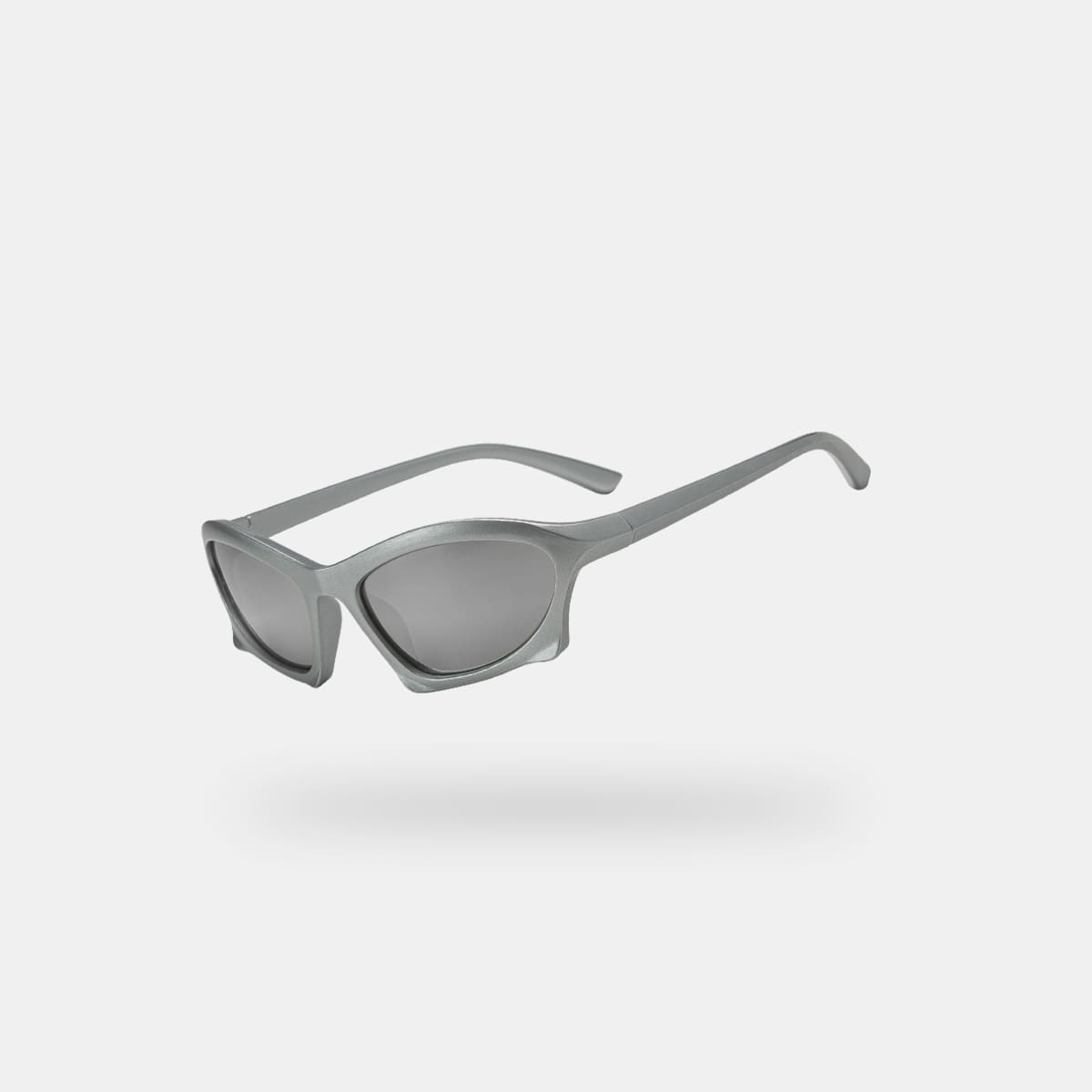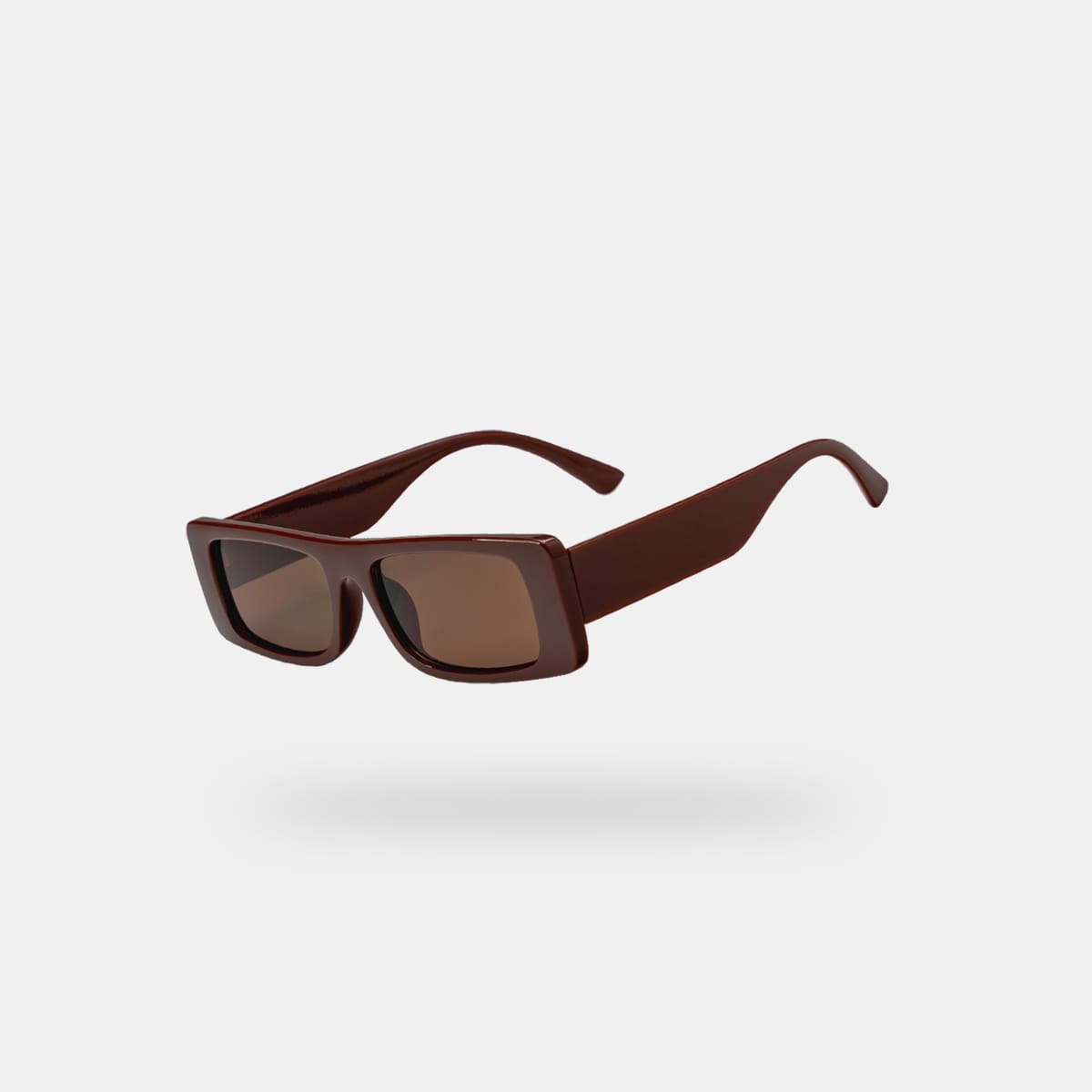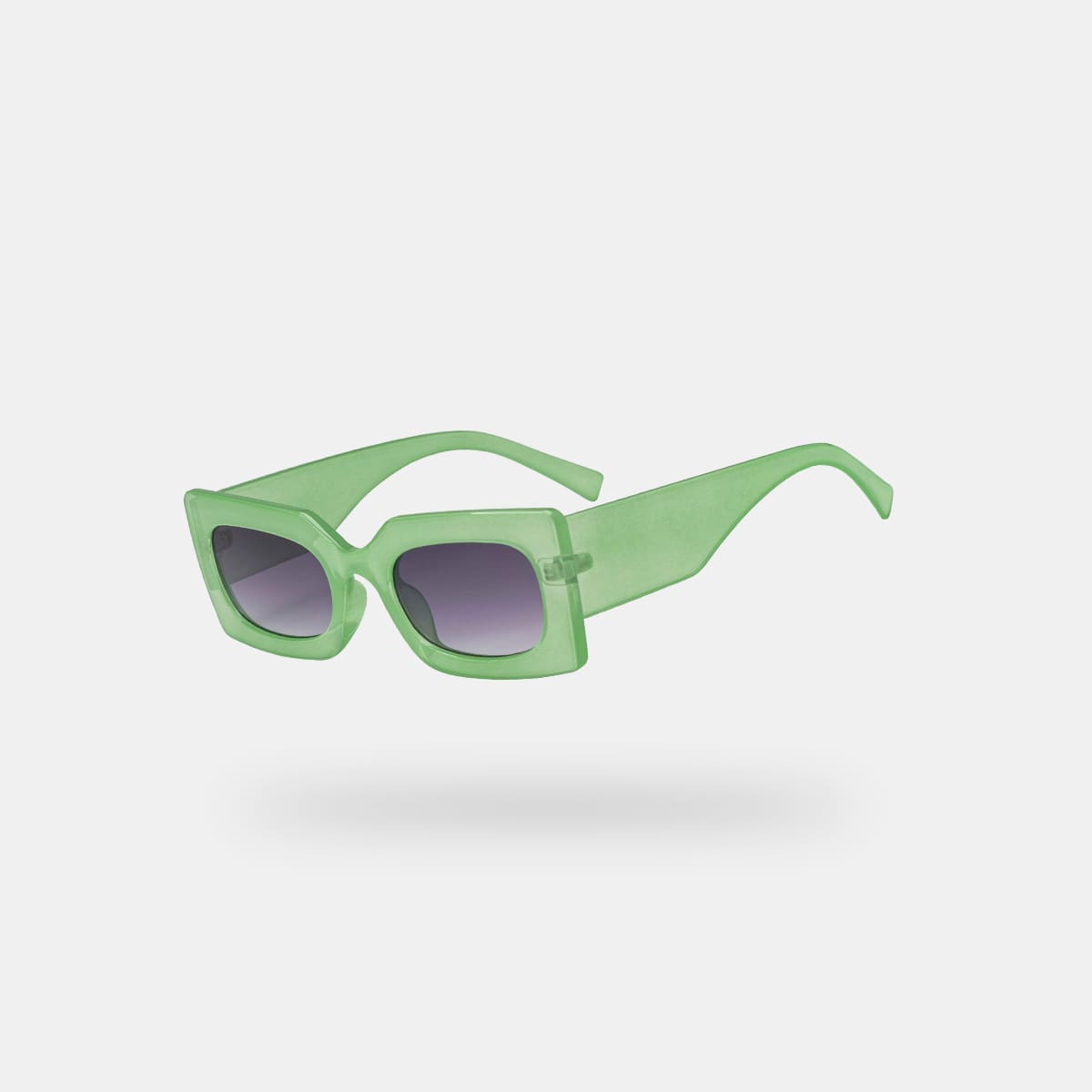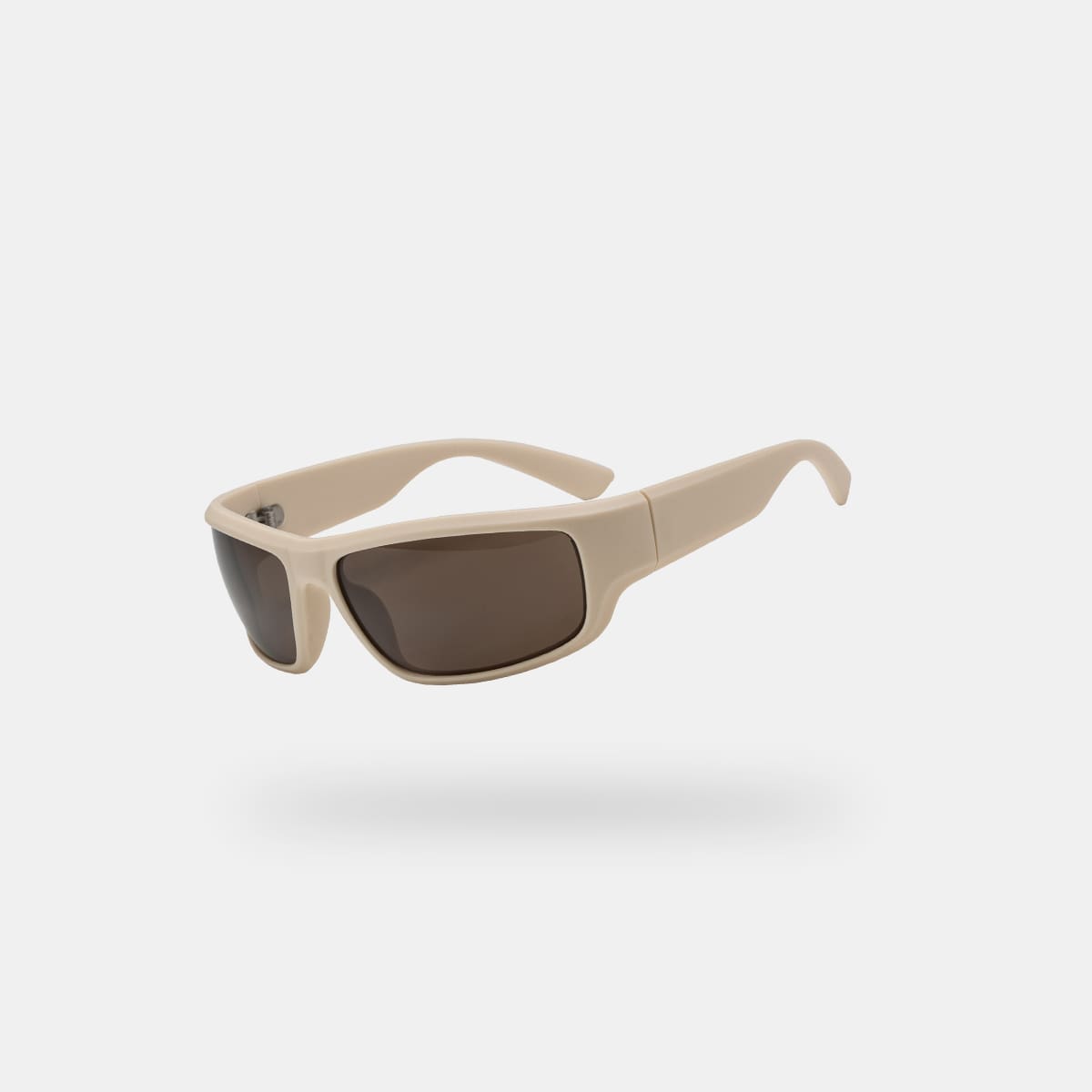In today's world, polarised sunglasses have become more than just a fashion statement. These sunglasses are designed to offer superior protection against glare and enhance visual comfort, making them an essential accessory for outdoor activities such as driving, sports, and leisure. But what exactly does "polarised" mean, and how do these sunglasses achieve their unique functionality?
How Polarisation Works
Polarisation refers to the alignment of light waves in a specific direction. Light waves emitted from various sources, such as the sun or artificial light, vibrate in multiple directions. When these light waves reflect off surfaces like water, snow, or glass, they become polarised horizontally or vertically. The horizontally polarised light waves create intense glare, which can be extremely discomforting and hinder our vision.
The Role of Polarised Filters
Polarised sunglasses incorporate special filters that block horizontally polarised light, effectively reducing glare. The filters are composed of a chemical compound that absorbs this specific type of light, allowing only vertically polarised light to pass through the lenses. By eliminating glare, polarised sunglasses enhance visual clarity, enabling you to see objects more distinctly and reducing eye strain.
Advantages of Polarised Sunglasses
Glare Reduction
One of the primary benefits of polarised sunglasses is their ability to minimise glare. Glare occurs when light reflects off surfaces such as water, snow, or roads, creating a blinding effect. Polarised lenses filter out this horizontally polarised light, significantly reducing glare and providing a more comfortable viewing experience. Whether you're driving on a sunny day or enjoying a day at the beach, polarised sunglasses help you see clearly and safely.
Improved Visual Clarity
With polarised sunglasses, you can enjoy improved visual clarity and contrast. By reducing glare and unwanted reflections, these sunglasses enhance the sharpness of objects and make colours appear more vibrant. Whether you're admiring a breathtaking landscape or participating in outdoor sports, polarised sunglasses allow you to appreciate the finer details of your surroundings with greater clarity than regular sunglasses
Enhanced Colour Perception
Polarised sunglasses also offer the advantage of enhancing colour perception. By eliminating glare and filtering out specific wavelengths of light, they help reveal true colours and improve colour contrast. This feature is particularly beneficial for activities such as fishing, where the ability to differentiate between subtle colour variations is crucial.
Choosing the Right Polarised Sunglasses
When selecting polarised sunglasses, it's essential to consider various factors to ensure you find the right pair for your needs.
UV Protection
Opt for sunglasses that provide 100% UV protection. Harmful ultraviolet (UV) rays from the sun can damage your eyes and increase the risk of conditions like cataracts and macular degeneration. Polarised sunglasses with UV protection shield your eyes from these harmful rays while offering superior glare reduction. Although polarised sunglasses tend to come with an increased cost, not all polarised sunglasses offer UV protection, so it's important to read product descriptions or check any relevant labels to ensure your polarised sunglasses offer UV protection.
Lens Material
Polarised sunglasses are available in various lens materials, such as glass, polycarbonate, and high-index plastics. Each material has its pros and cons, including differences in durability, optical clarity, and weight. Consider your lifestyle and preferences to choose the lens material that best suits your needs, for example, glass lens sunglasses may be heavier and more fragile than plastic or polycarbonate lenses, making them an inferior choice for intense sports or activities.
Frame Design and Fit
The frame design and fit of polarised sunglasses play a crucial role in comfort and functionality. Look for a frame that complements your facial features and ensures a secure fit. Additionally, consider factors like weight, adjustability, and nose pad design to find sunglasses that feel comfortable for extended wear.
Polarised Sunglasses vs. Non-Polarised Sunglasses
When it comes to choosing the right sunglasses, it's important to understand the differences between polarised and non-polarised options. While both types offer protection against harmful UV rays, there are distinct advantages to wearing polarised sunglasses. Non-polarised sunglasses primarily reduce the overall amount of light that reaches your eyes, providing basic shade and UV protection. However, they may not effectively eliminate glare caused by horizontal light waves reflecting off surfaces like water or glass. On the other hand, polarised sunglasses go a step further by specifically targeting and blocking horizontally polarised light, resulting in superior glare reduction and enhanced visual clarity. Whether you're driving, engaging in water activities, or spending time in bright outdoor environments, polarised sunglasses offer a significant advantage over their non-polarised counterparts, ensuring a more comfortable and enjoyable visual experience.
Are Polarised Sunglasses Expensive?
The cost of polarised sunglasses can vary depending on several factors, including brand, design, lens material, and additional features. While there are premium brands that offer expensive polarised sunglasses, there are also more affordable options available in the market. It's important to note that the price of polarised sunglasses often reflects the quality of the lenses, frame materials, and overall craftsmanship. Investing in a higher-priced pair of polarised sunglasses can provide you with superior optical performance, durability, and additional features like scratch-resistant coatings or specialised lens tints. However, if you're on a budget, you can still find reasonably priced polarised sunglasses that offer good quality and adequate glare reduction. Ultimately, the price of polarised sunglasses is a personal choice based on your budget and desired level of quality and features. We answer the question "are polarised sunglasses worth it" here.
How To Tell If Sunglasses Are Polarised?
To determine if sunglasses are polarised, you can try a few simple tests. One way is to look at a reflective surface, such as a car window or a body of water, at an angle. Rotate the sunglasses while looking through them. If the glare reduces or disappears when you tilt your head or rotate the sunglasses, there's a good chance they are polarised. Another method is to hold the sunglasses in front of an LCD screen, like a smartphone or a computer, and tilt them at a 90-degree angle. If the screen darkens or shows a distinct pattern when viewed through the sunglasses, they are likely polarised. Additionally, some sunglasses come with a label or sticker indicating that they are polarised. Checking for these labels can also help determine if the sunglasses have polarised lenses.
Can sunglasses lose polarisation?
Yes, sunglasses with polarised lenses can lose their polarisation over time, especially if not properly cared for. Polarisation is a feature that reduces glare and enhances visual clarity by filtering out horizontal light waves. Factors like frequent cleaning with abrasive materials or prolonged exposure to extreme temperatures can cause the polarisation layer to wear off or delaminate from the lens. To maintain the polarisation of your sunglasses, clean them gently and avoid using chemical-based cleaners. Always store them in a protective case when not in use to prevent unnecessary wear.
Taking Care of Your Polarised Sunglasses
To maximise the lifespan and performance of your polarised sunglasses, it's important to follow proper care and maintenance practices.
Cleaning Tips
Although cleaning your sunglasses may seem like a simple task, it's important to follow specific practices to ensure the longevity of your sunglasses. Use a microfibre cleaning cloth or lens cleaning solution specifically designed for sunglasses to clean your lenses. Avoid using abrasive materials or harsh chemicals that could damage the lens coatings, particularly those associated with polarised sunglasses. Gently wipe the lenses in a circular motion to remove smudges and fingerprints. Check out our easy-to-follow guide on how to clean your sunglasses for more.
Proper Storage
When you're not wearing your polarised sunglasses, store them in a protective case to prevent scratches and other damage. Avoid leaving them in direct sunlight or extreme temperatures, as this can degrade the lens quality over time. All of our sunglasses come with a protective sunglasses case as standard.
Conclusion
Polarised sunglasses offer a combination of style, comfort, and eye protection. By reducing glare, enhancing visual clarity, and improving colour perception, they provide numerous advantages for outdoor enthusiasts and everyday wearers alike. When choosing polarised sunglasses, consider factors such as UV protection, lens material, and frame design to find the perfect pair that suits your needs and preferences. So, embrace the world of polarised sunglasses and experience the difference they can make in your visual comfort and enjoyment.
Frequently Asked Questions
Can polarised sunglasses be used for indoor activities?
Yes, polarised sunglasses can be used indoors in specific situations. For instance, they can be beneficial in reducing glare from reflective surfaces or intense artificial lighting. However, it's important to note that polarised lenses may make it difficult to view digital screens clearly, so they may not be suitable for prolonged computer or smartphone use.
Are polarised sunglasses suitable for all outdoor activities?
While polarised sunglasses provide numerous benefits for most outdoor activities, they may not be suitable for certain situations. Activities that require accurate perception of LCD or LED screens, such as airplane pilots or heavy machinery operators, may not be ideal for polarised lenses.
Do polarised sunglasses offer 100% UV protection?
Not all polarised sunglasses provide 100% UV protection. However, many reputable brands offer polarised lenses with built-in UV protection. When purchasing polarised sunglasses, it's crucial to ensure they have adequate UV-blocking capabilities to safeguard your eyes from harmful UV rays.
Can polarised sunglasses help with driving?
Yes, polarised sunglasses are highly effective for driving. They reduce glare from the road surface, car hoods, and other reflective surfaces, enhancing your visibility and reducing eye strain during sunny conditions. However, it's important to note that polarised lenses may make it difficult to see LCD displays on your car's dashboard, so exercise caution while driving.
How do I clean my sunglasses?
To clean your polarised sunglasses, use a lens cleaner specifically designed for eyewear or mild soap and water. Avoid using abrasive materials or harsh chemicals that can damage the lenses or the polarising filter. Use a microfibre cloth to gently wipe the lenses, ensuring they are free from smudges and debris.
Are polarised sunglasses worth the investment?
Absolutely! If you spend a significant amount of time outdoors or engage in activities where glare is a common issue, investing in polarised sunglasses is highly recommended. They provide superior eye protection, visual clarity, and overall comfort, making them a valuable addition to your eyewear collection. If you are purchasing sunglasses to make a fashion statement, polarised sunglasses can still be extremely beneficial and provide an increased reduction in glare from different light sources.
What are the differences between polarised sunglasses and normal sunglasses?
Polarised sunglasses are specifically designed to reduce glare caused by horizontally polarised light waves reflecting off surfaces like water or glass. They offer superior glare reduction and enhanced visual clarity, making them ideal for outdoor activities. Normal sunglasses, while providing basic shade and UV protection, may not effectively block this type of glare. So, if you want to minimise glare and enjoy a more comfortable visual experience, polarised sunglasses are the better choice.
What does 'polarised sunglasses' mean?
Polarised sunglasses refer to a specific type of sunglasses that are designed to reduce glare caused by horizontally polarised light waves. They incorporate a special polarised filter in the lenses, which blocks the horizontally polarised light and allows only vertically polarised light to pass through. By eliminating glare, polarised sunglasses enhance visual clarity, reduce eye strain, and provide a more comfortable viewing experience, especially in bright outdoor settings.

